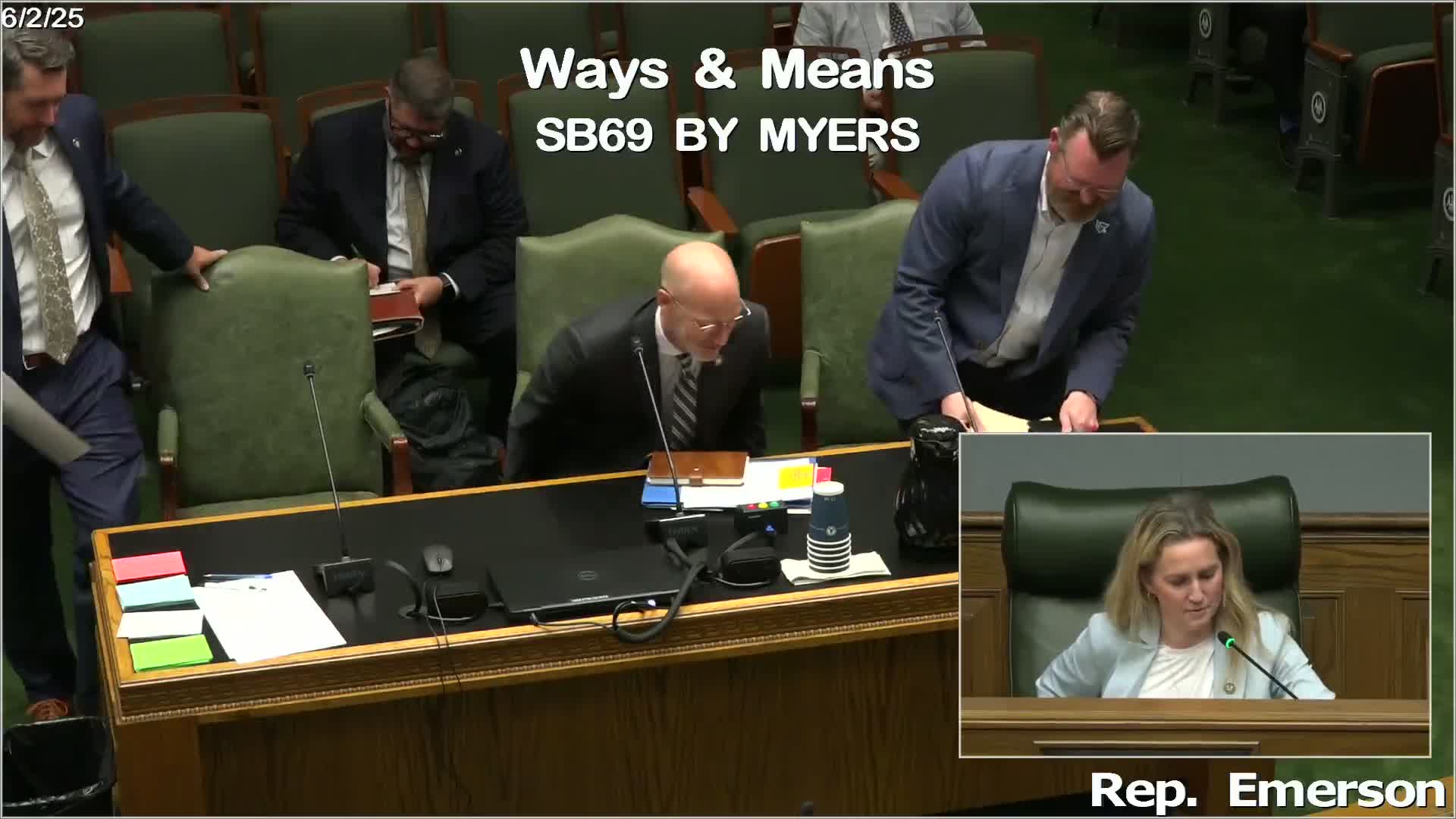Article not found
This article is no longer available. But don't worry—we've gathered other articles that discuss the same topic.
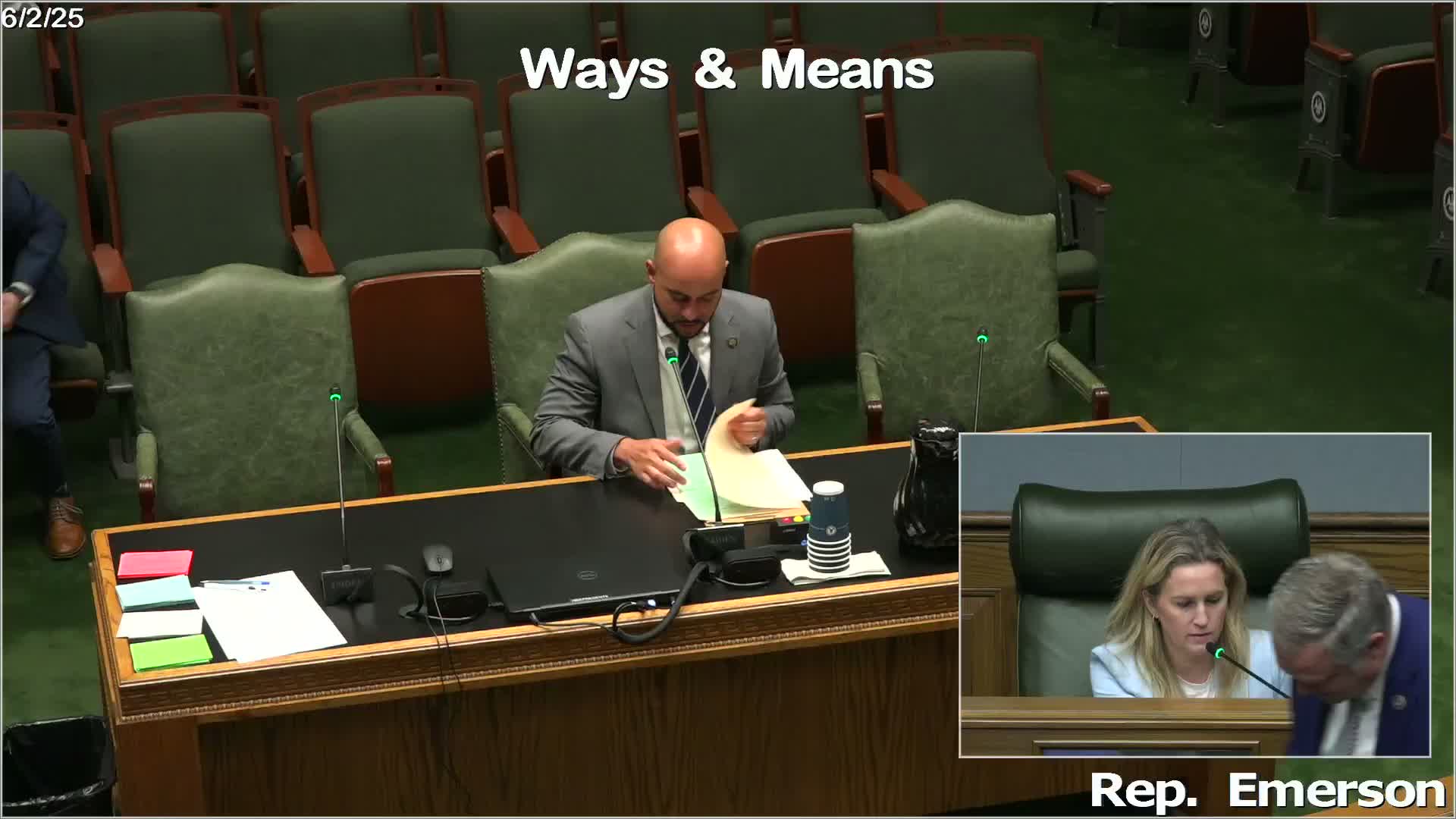
Committee advances targeted homeowner-insurance tax credit for low-income households
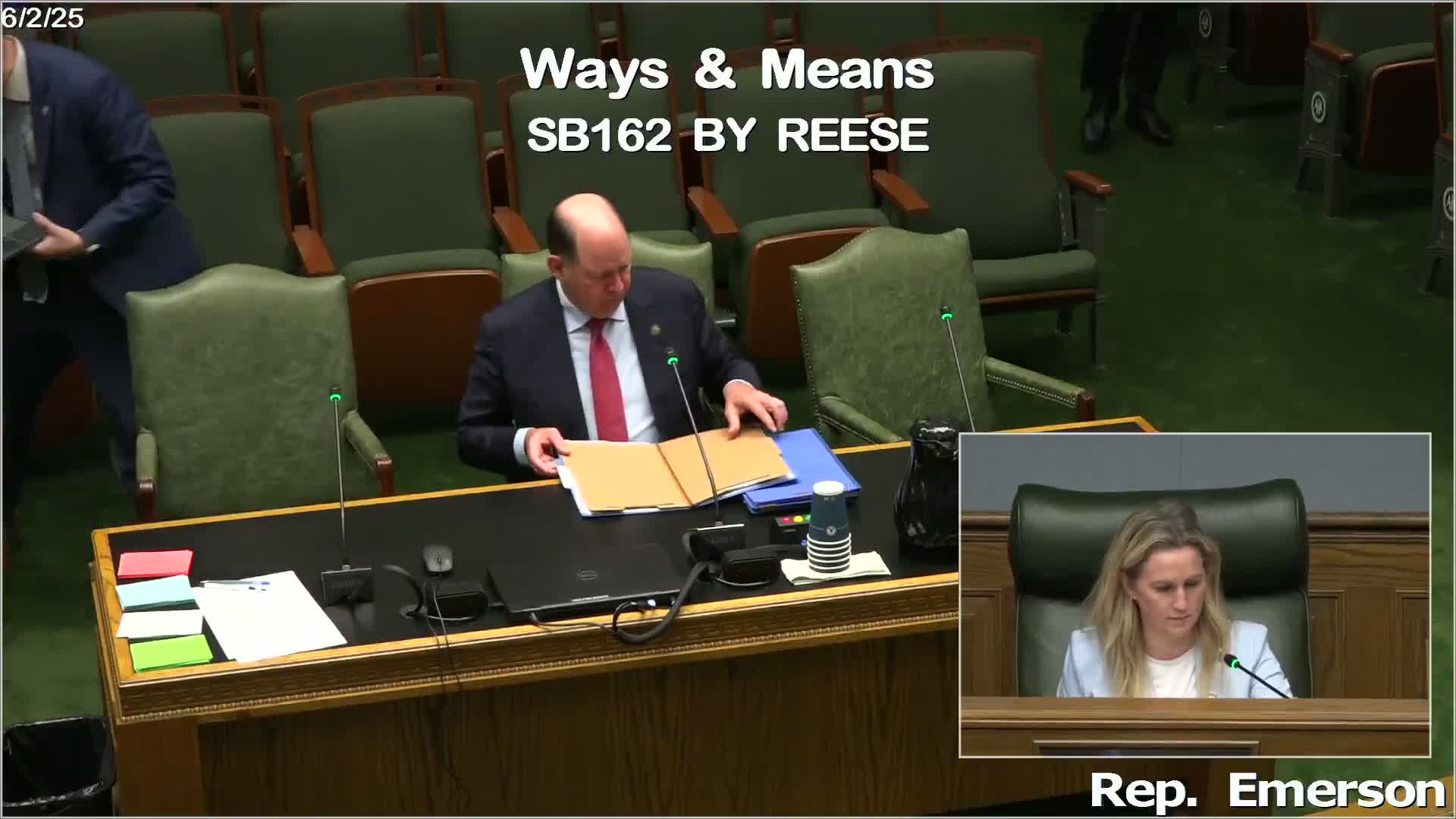
New markets tax credit bill advanced to attract private capital for small businesses in low‑income areas
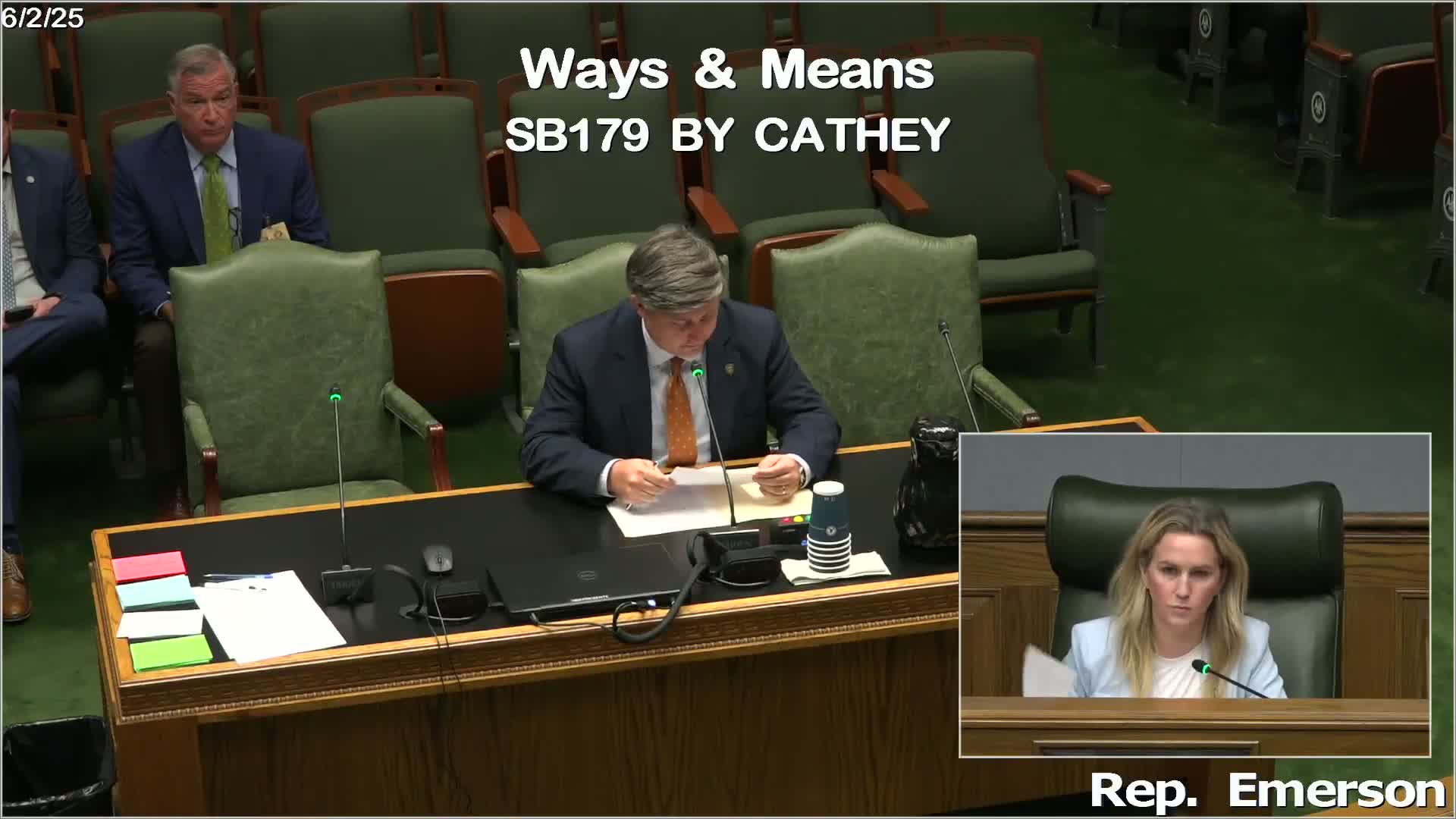
Committee extends digital‑nomad tax exemption for two years; utilization low to date
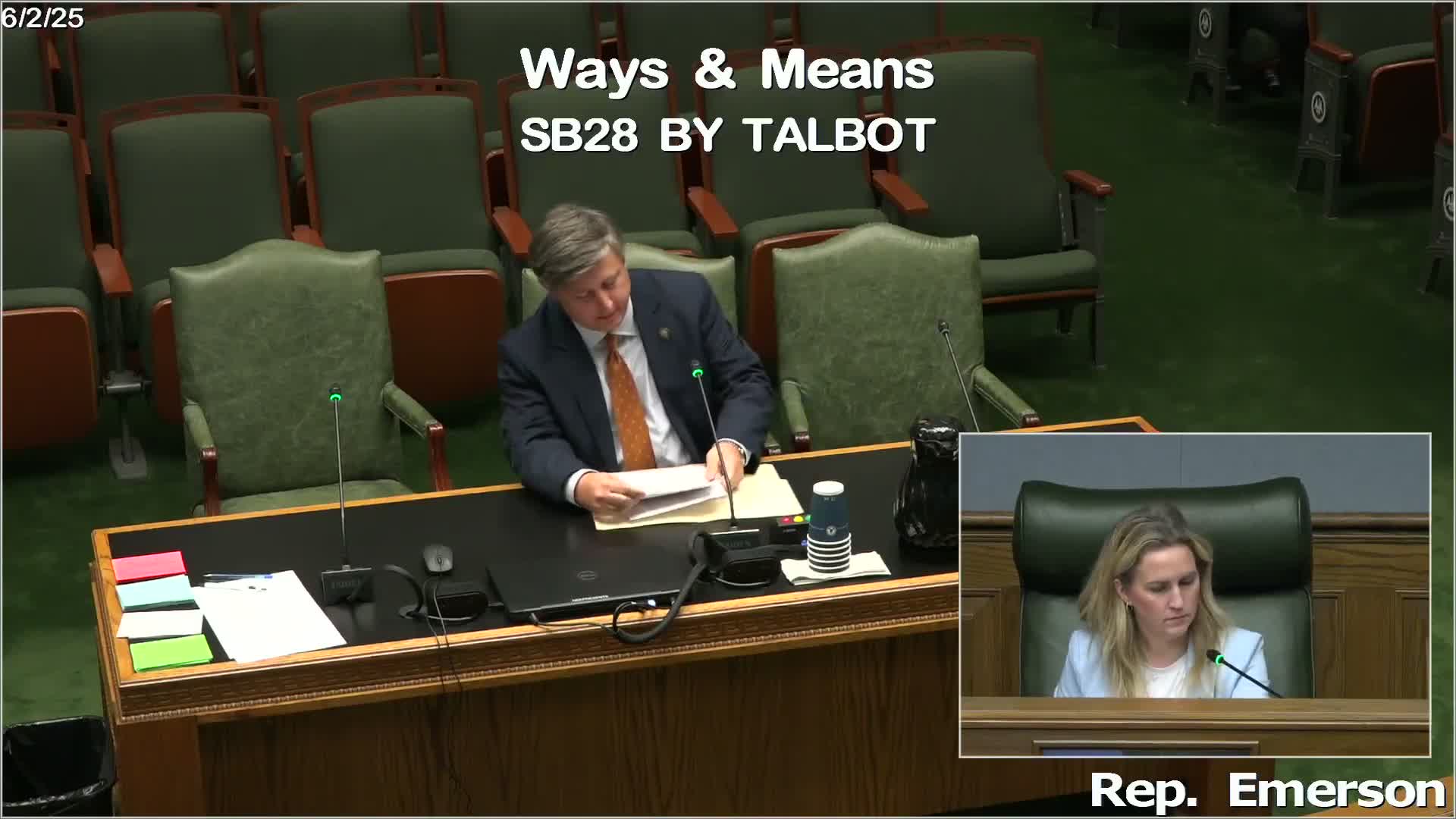
Committee backs phased redistribution of non‑domiciled railcar property tax revenue
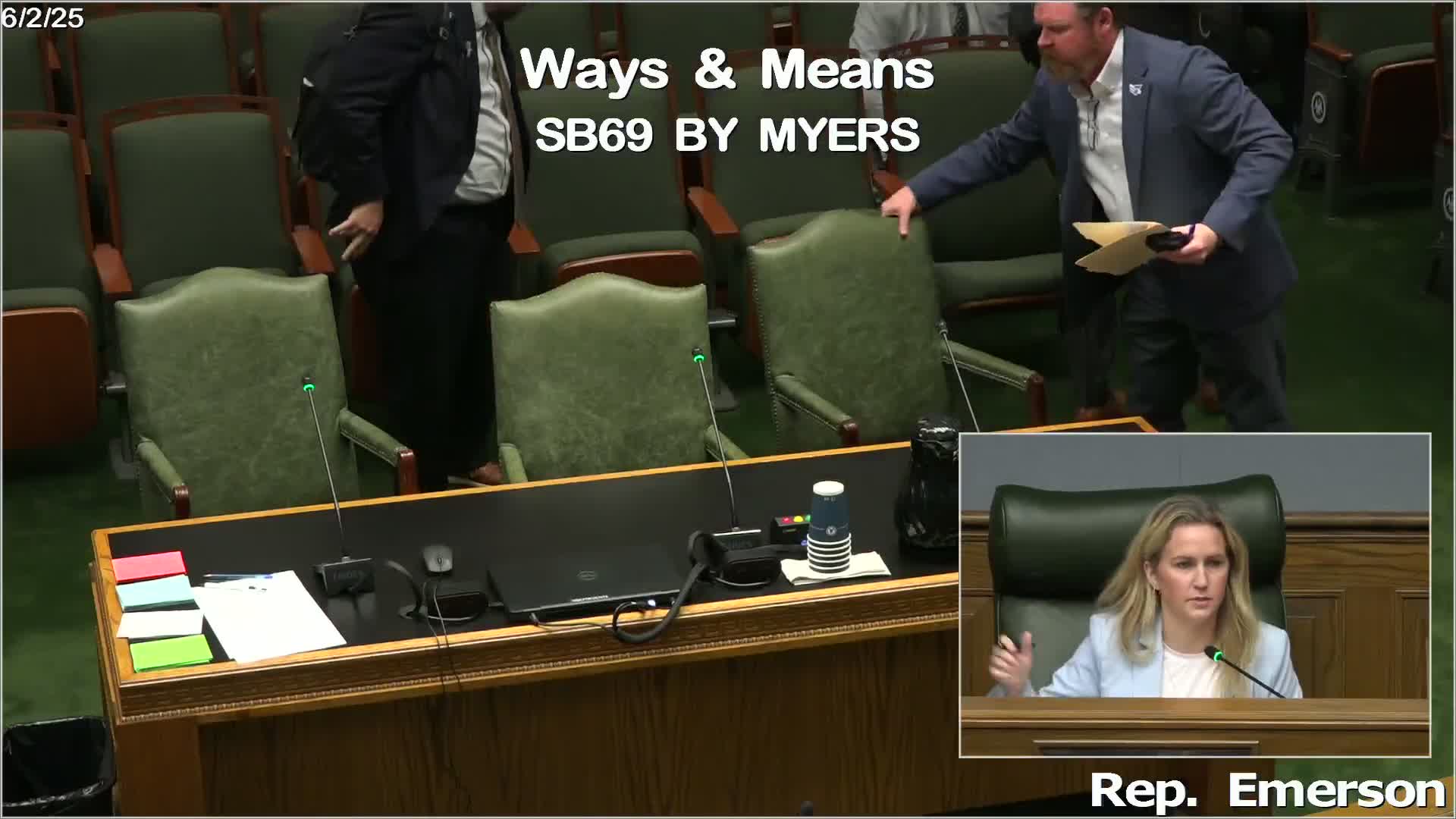
Committee approves amendments to state tax-credit voucher program for private-school scholarships
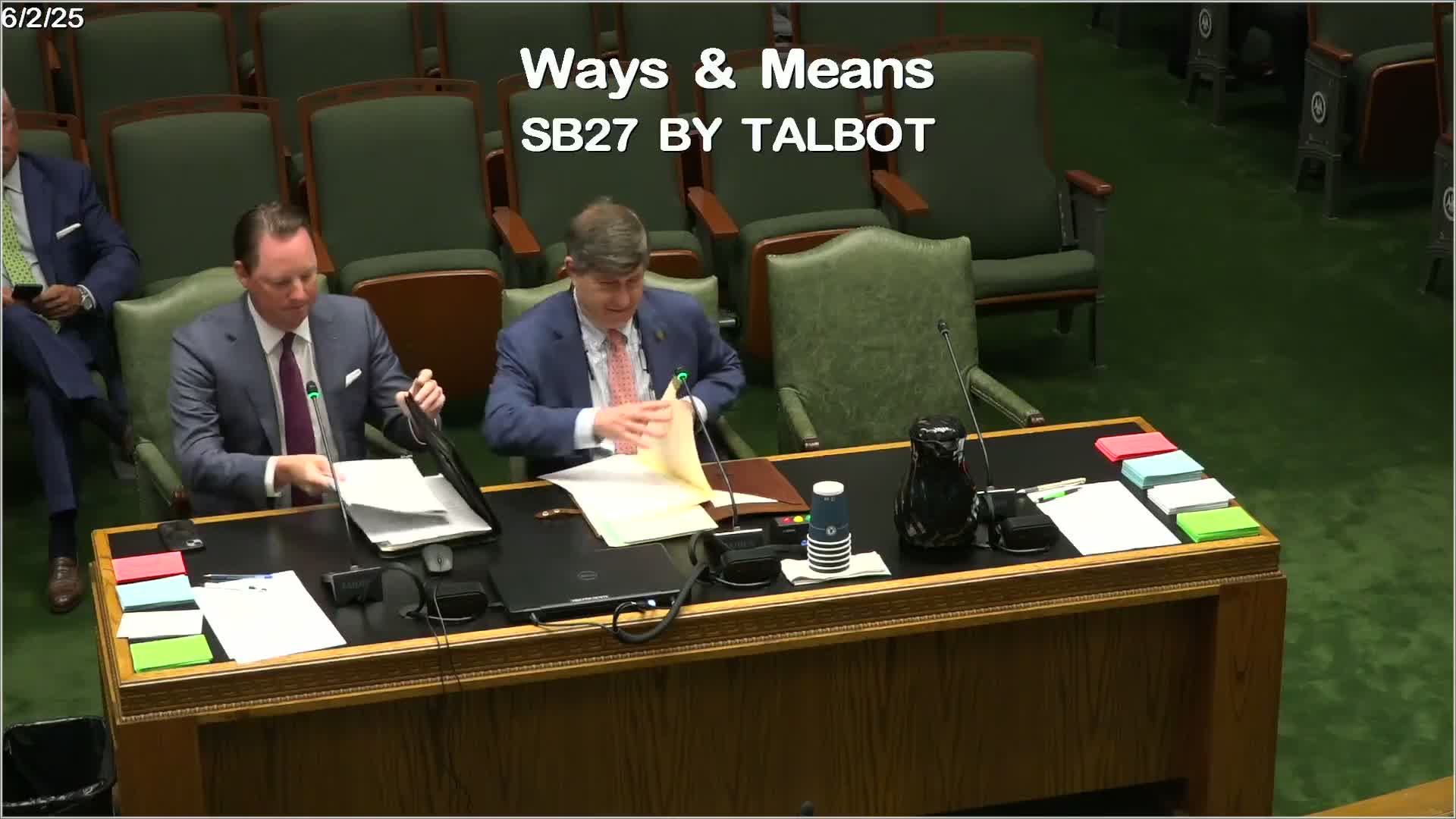
Committee advances tax credit to encourage fortified roofs, adds electronic application rules
